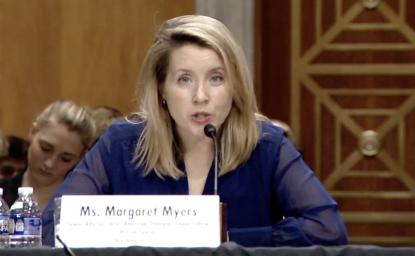China in 2014: The Three Rs
"Xi Jinping's program to date is Reform, Resurgence, and Repression," writes Robert Daly. "What China becomes under his leadership in 2014 and beyond will depend on whether this modern strongman is truly modern and truly strong, or whether he is cultivating an image of strength in an attempt to rein in a dynamic but fragile nation which an anachronistic CCP can no longer control."





